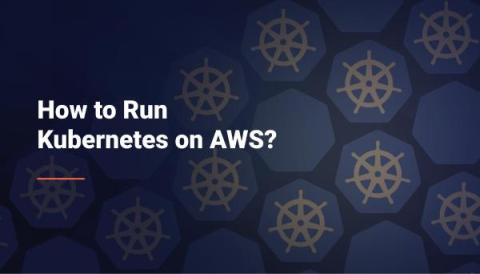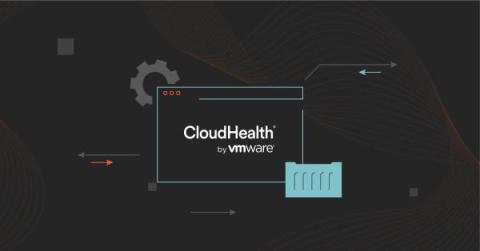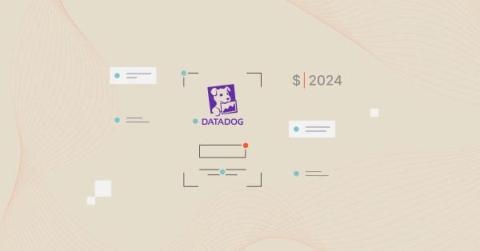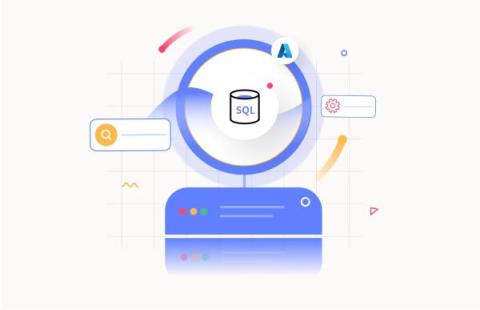Understanding AWS NAT Gateway: Key Features & Cost Optimization
Network Address Translation Gateway or NAT Gateway is a managed service provided by Amazon Web Services(AWS) that allows instances in a private Subnet within a Virtual Private Cloud(VPC) to connect services outside the VPC. NAT ensures that even though your instances can connect to the outside world, outside services can’t establish a direct connection with them. It’s a tool that secures the instances, simplifies network architecture, and reduces administrative overhead.











